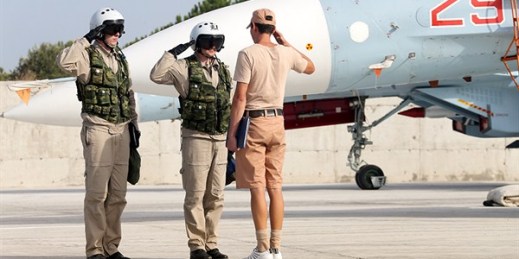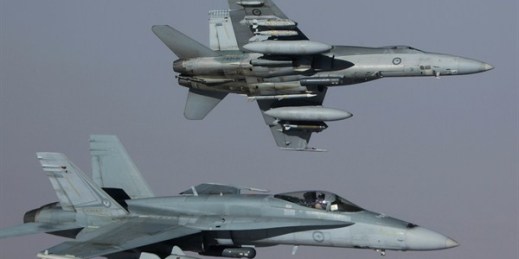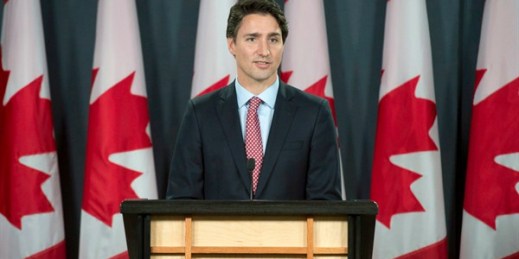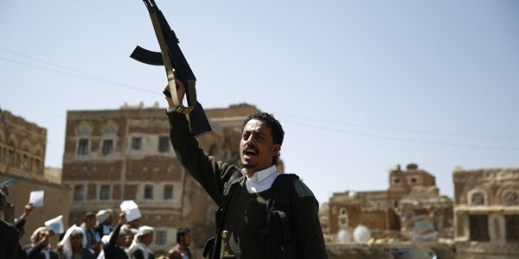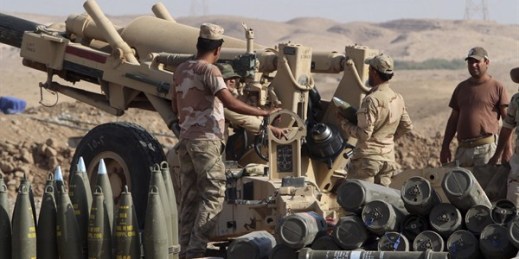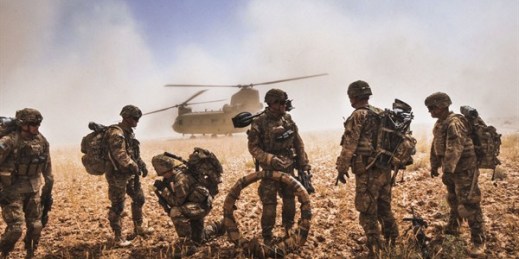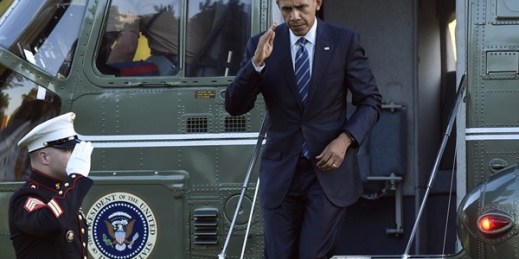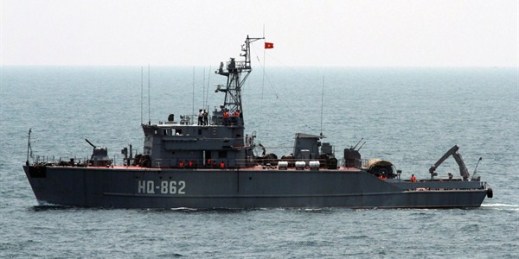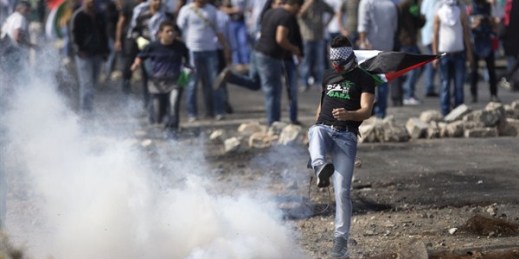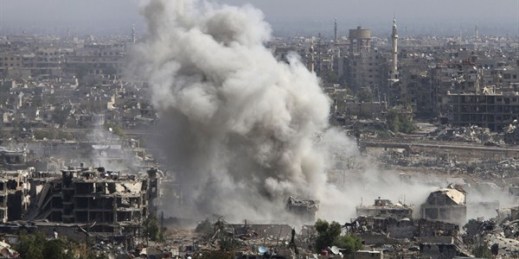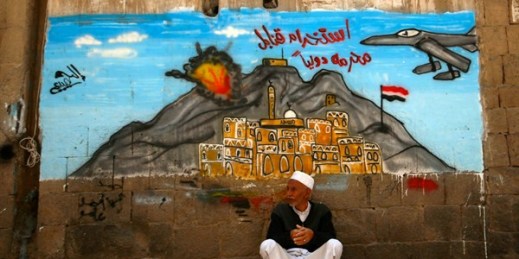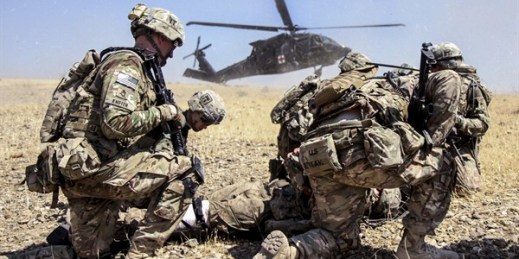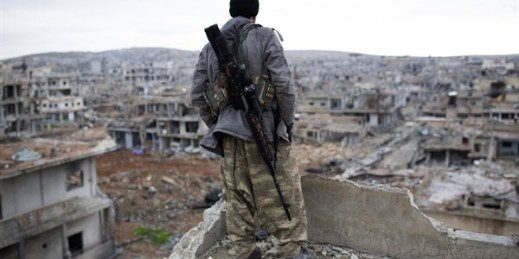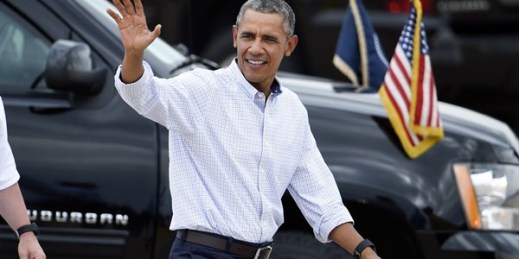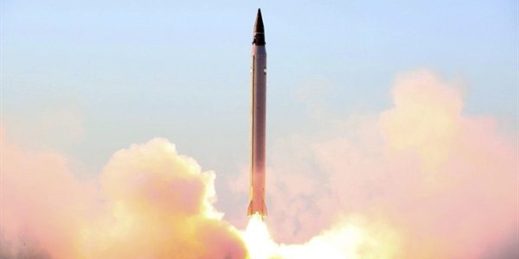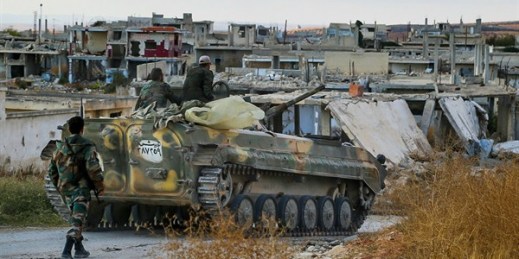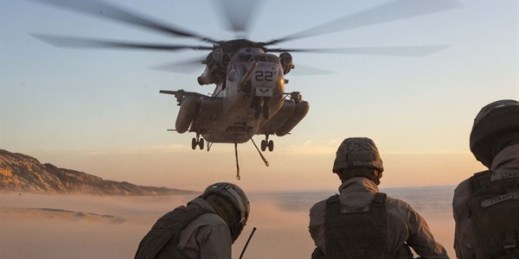
The U.S. military is increasingly ill-suited for today’s complex, interconnected and transparent security environment. It was designed to fight major wars against the military forces of other nations, yet never does so. Despite the best intentions of its architects, the U.S. military is a “kluge”—a combination of sometimes compatible, sometimes mismatched parts cobbled together. It works, but not as effectively or efficiently as it should. The United States could gain much from reorganizing its military to better reflect today’s security environment but this is easier said than done. The obstacles to deep change are powerful: There is so much tradition, […]

